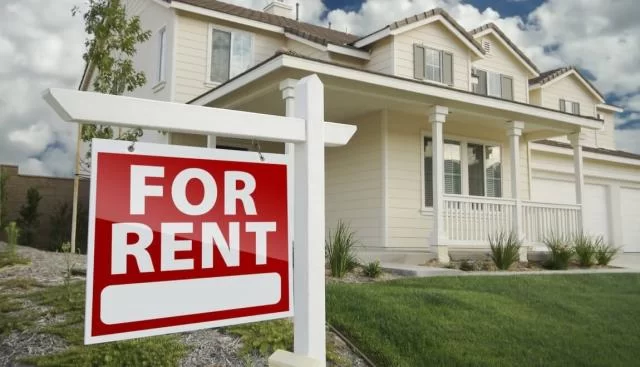
- Understanding the Rent Your Property Concept
- Key Considerations Before You Rent
- Creating an Effective Rental Plan
- Legal and Financial Implications of Renting Your Property
- Managing Your Property While Living In It
- Real-Life Examples and Success Stories
1. Understanding the Rent Your Property Concept
Renting your property while still living in it can be an intriguing way to generate extra income. This method, often referred to as "renting while residing," allows homeowners to keep their personal space while making money from unused areas of their property. Whether you're renting a spare room, basement, or even a separate section of your home, the key is to understand the balance between personal privacy and being a landlord.
2. Key Considerations Before You Rent
Before diving into renting your property, several factors need to be carefully evaluated. These considerations include:
- Space Layout – Ensure that the areas you plan to rent out are distinct and separate from your living space to maintain privacy and comfort.
- Tenant Screening – Finding trustworthy tenants is essential to a positive renting experience. Establish a clear screening process that includes background checks, references, and interviews.
- Rent Setting – Set a competitive rent that reflects the local market but also accounts for your needs and expenses. You can use online rental calculators to get an idea of the going rates.
- Property Condition – Make sure your property is in good condition and safe for tenants. Address necessary repairs before listing it for rent.
3. Creating an Effective Rental Plan
Having a solid rental plan is critical for success. Start by outlining the areas you intend to rent out and the duration of the rental. Whether you are opting for short-term rentals like those on Airbnb or a long-term lease, a clear plan will set expectations for both you and your tenants. Some things to include are:
- Rental Term Length – Decide if the rental will be short-term or long-term and establish the rental agreement accordingly.
- Rules and Responsibilities – Set clear guidelines regarding the tenant's use of common spaces, noise levels, and maintenance responsibilities. A written lease can help mitigate future conflicts.
- Pricing and Payment Terms – Determine your rent price, payment schedule, and penalties for late payments.
4. Legal and Financial Implications of Renting Your Property
Renting out your property, even partially, involves both legal and financial responsibilities. Here's what you need to keep in mind:
- Legal Requirements – Make sure to research local rental laws, including zoning regulations, tenant rights, and landlord obligations. In some areas, you may need to register as a landlord or obtain permits for renting out part of your home.
- Tax Implications – Income generated from renting your property may be subject to taxation. Keep track of your rental income and expenses for tax purposes. Consulting a tax professional can help ensure you're in compliance.
- Insurance – Consider getting landlord insurance or updating your homeowner's insurance to cover potential risks associated with renting out part of your home.
5. Managing Your Property While Living In It
Managing a rental property while still living in it can be challenging, but with the right tools, it can be done effectively. Here are some tips for successful property management:
- Communication is Key – Keep an open line of communication with your tenants to address any issues quickly and maintain a good relationship.
- Set Boundaries – Establish clear boundaries regarding shared spaces and personal areas to avoid misunderstandings.
- Regular Maintenance – Keep up with regular property maintenance to prevent costly repairs and keep the space comfortable for both you and your tenants.
6. Real-Life Examples and Success Stories
Many people have successfully rented out portions of their homes while continuing to live in them. For instance, Sarah from Denver turned her basement into a fully furnished studio apartment, renting it out on a short-term basis to travelers through a popular platform. By doing so, she not only covered her mortgage but also made a profit every month.
Another example is Mark from California, who rented out a room in his house to a long-term tenant. While he still had the freedom to live comfortably in his own space, the extra income helped him pay down his student loans faster. These success stories show that renting your property can be a win-win situation if you manage it well and follow the proper steps.
For more detailed information on renting out your space, we recommend visiting Your Private Space, where you can find the best products, services, and advice for landlords.








